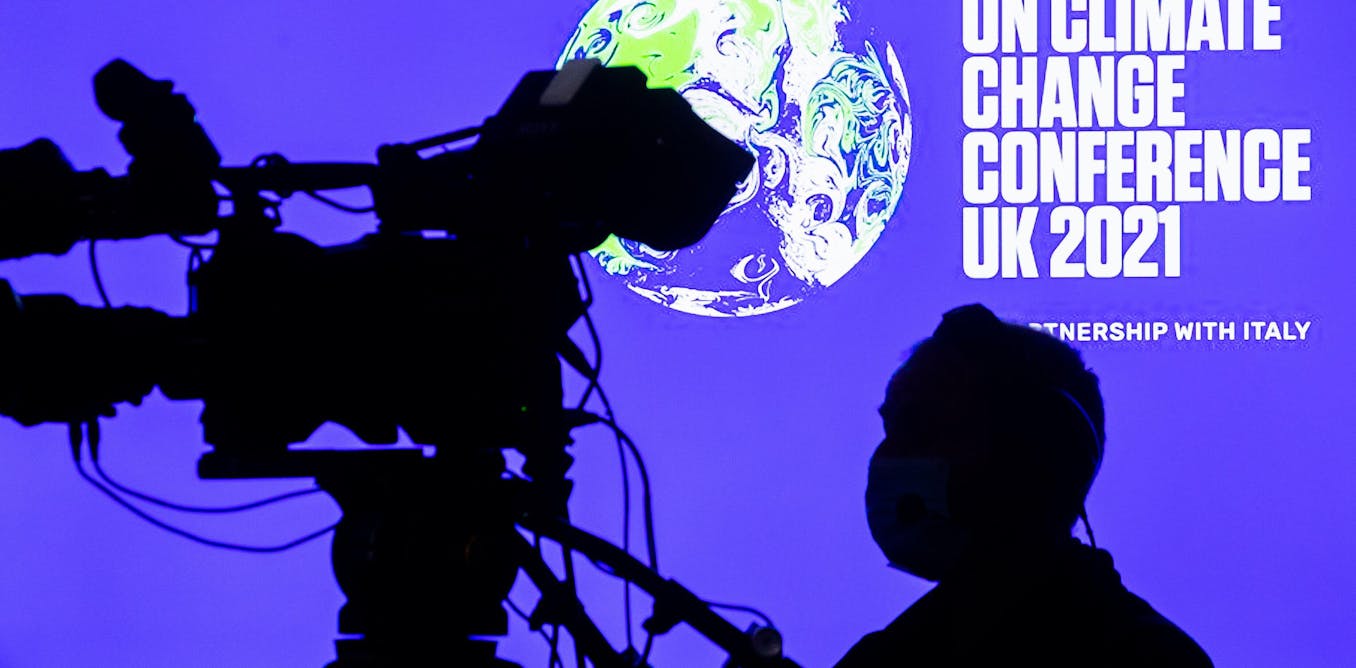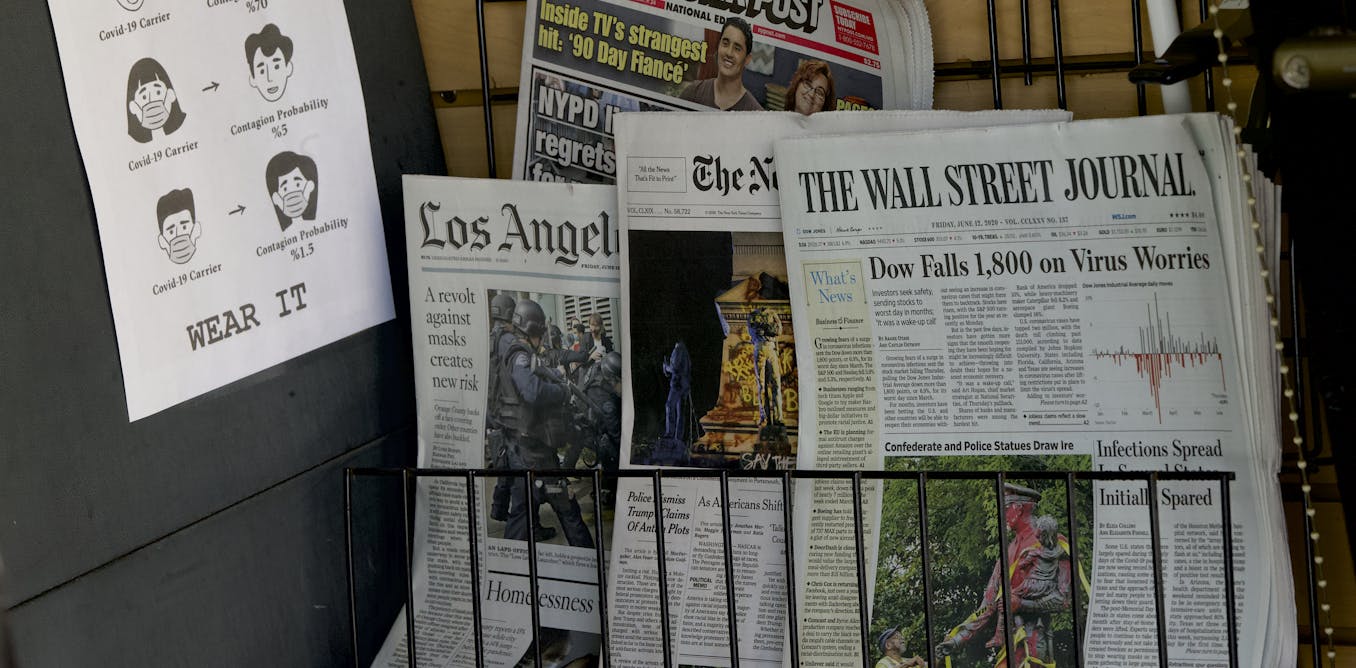US media coverage of new science less likely to mention researchers with African and East Asian names
This bias in science journalism seems not to be due only to pragmatic concerns about time zones or the language spoken in the country where the scientist is based.
April 8, 2024 • ~9 min







